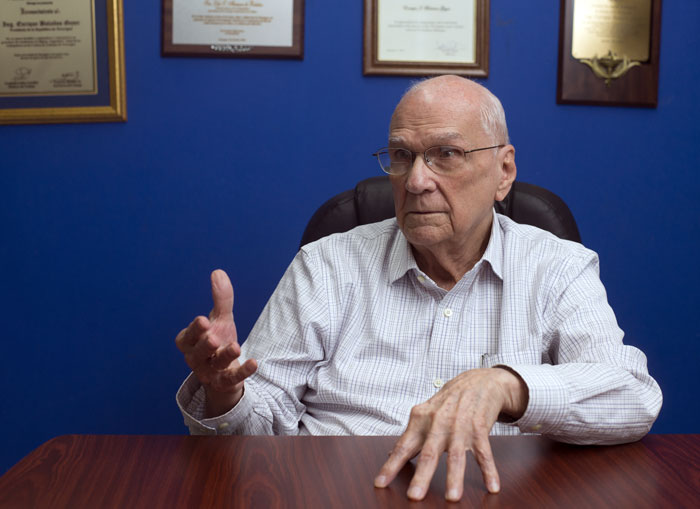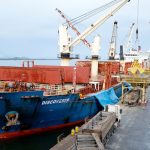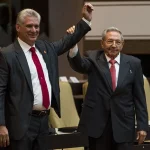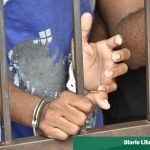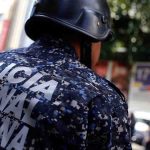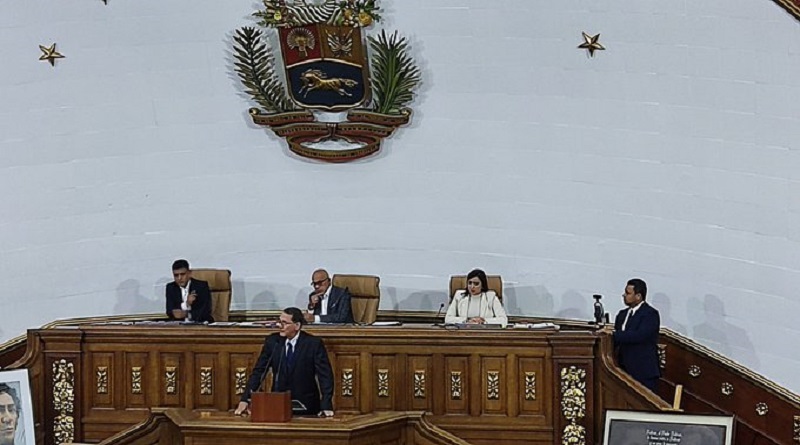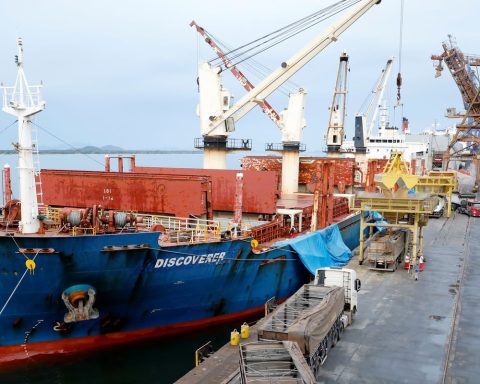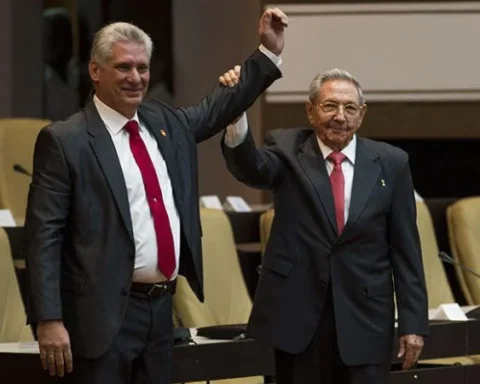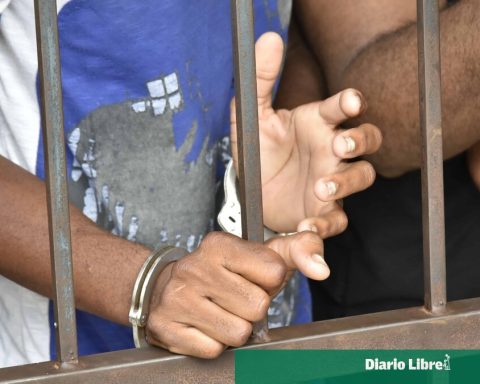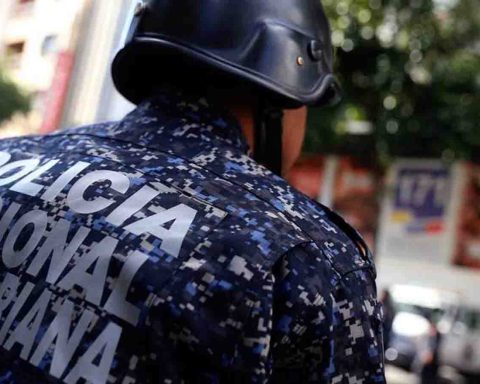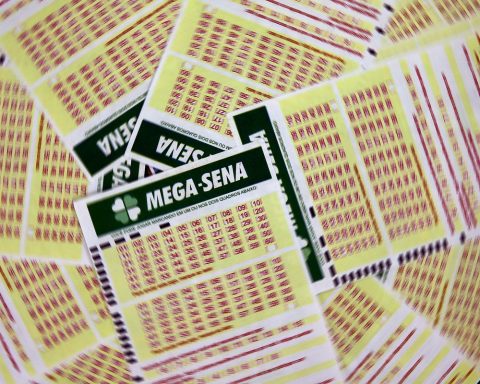“I leave the table set,” said former president Enrique Bolaños on January 10, 2007, when he handed over not only the presidential sash but a peaceful, democratic, and economically stable country to the elected candidate and future dictator Daniel Ortega.
Thus came to an end the administration of the last democratic president who ruled Nicaragua from 2002 to 2007.
Bolaños, during his tenure, faced significant challenges in terms of democracy and political stability in the country, as the corrupt interests of the Constitutionalist Liberal Party (PLC), led by former president and prisoner Arnoldo Alemán, allied with the power interests of the military and violent organization of the Sandinista National Liberation Front (FSLN), headed by caudillo Ortega and his family.
Related news: Enrique Bolaños, the former president of Nicaragua who accused Arnoldo Alemán of “corrupt” dies
In addition, he dedicated himself to strengthening democratic institutions, promoting transparency in public administration and attracting foreign investment to create the foundations for economic development that was not fully achieved due to the perverse opposition of the PLC-FSLN pact.
Abandoned by his own party
Popularly known as “El Churruco,” Bolaños was elected in a difficult political context and faced opposition from the FSLN and the PLC in the National Assembly, which made it difficult to implement his policies and reforms.
However, despite the obstacles, it achieved some progress in the democratic consolidation of the country that served for a solid start to the Sandinista regime and in the signing of important trade agreements that still exist, such as the Free Trade Agreement with the United States, which today it is the main buyer of Nicaraguan products.
Enrique Bolaños also mainly promoted the fight against corruption and impunity. Investigations and trials were carried out against senior officials of the previous government, including former President Alemán, who was convicted of corruption and later released thanks to the pact with the FSLN.
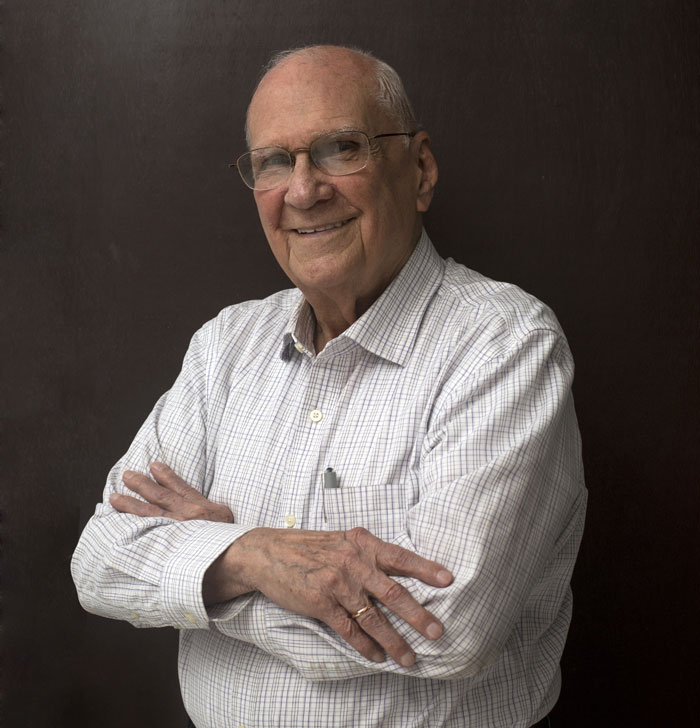
In addition, Bolaños sought to strengthen the independence of the judiciary and promoted reforms to guarantee a more impartial and transparent judicial system, but the FSLN-PLC pact dismantled those efforts.
During his administration, civil and political liberties, freedom of expression and of the press, freedom of association and assembly, and mainly the human rights of all Nicaraguans, were respected and valued.
The former president of Nicaragua implemented measures to improve government transparency, promoted legal reforms, and created independent institutions to oversee and combat corruption.
Rule of law
Enrique Bolaños also promised to respect the separation of powers and promote the rule of law. However, the former president faced a series of challenges that limited his ability to advance in the consolidation of democracy and dedicate efforts to combat poverty.
The assessment of the level of democracy during his tenure may vary depending on the perspectives and opinions of different political actors and observers, but by far it cannot be compared to the human rights crisis of his successor, the dictator Daniel Ortega.
Bolaños died on June 14, 2021 at the age of 93, retired from politics and managing the digital library that bears his name.
Below are some of the notable achievements during his rule:
- Macroeconomic Stability: Under the leadership of Bolaños, Nicaragua experienced increased macroeconomic stability. Prudent fiscal and monetary policies were implemented that helped control inflation and maintain exchange rate stability.
- Economic Growth: During his tenure, Nicaragua experienced sustained economic growth. The country’s Gross Domestic Product (GDP) grew at an average annual rate of close to 4%, which contributed to improving economic conditions and reducing poverty.
- Foreign Investment: Bolaños promoted foreign investment in Nicaragua as a way to stimulate economic growth and create employment. During his government, policies were implemented to attract investment in key sectors, such as agriculture, tourism, commerce, and industry.
- Structural reforms: the Bolaños government implemented a series of structural reforms aimed at improving the business climate and strengthening the country’s competitiveness. Reforms were carried out in areas such as the customs system, the simplification of red tape, and the promotion of transparency and the rule of law.
- Foreign debt relief: During his tenure, Nicaragua benefited from relief programs for up to 80% of foreign debt, which freed up resources to invest in development projects and reduce the country’s dependence on international aid.
- Agricultural sector: Bolaños implemented programs and policies to promote the development of the agricultural sector, which is an important source of employment and income in Nicaragua. Support was provided to farmers, modernization of the sector was promoted, and international markets were sought for Nicaraguan agricultural products.
- Social Security cleanup: Bolaños managed to recover the financial disaster he inherited from Social Security in the corrupt administration of former President Arnoldo Alemán. Upon leaving power in 2007, Bolaños handed over the INSS with a surplus of 1,183.3 million córdobas in the institution’s coffers and a healthy portfolio.
- Under the Bolaños administration, the Central American Free Trade Agreement with the United States (DR-CAFTA) was promoted and signed, as well as the negotiations and bases for a European Union-Central America Association Agreement, finally signed in 2012. Both treaties are currently , the main markets for Nicaraguan production.
- Nicaragua, until 2006, was considered the country with the best security in Central America and with internationally recognized governance and transparency indices. Bolaños was never accused of corruption, abuse of power, crimes against humanity, impunity and alteration of the legal order.
- Under his administration, and despite the intrinsic institutional violence of the security forces such as the police and the army, there were never any accusations or international sanctions against its officials for massive violations of human rights, corruption and crimes against humanity.
By United Voices
